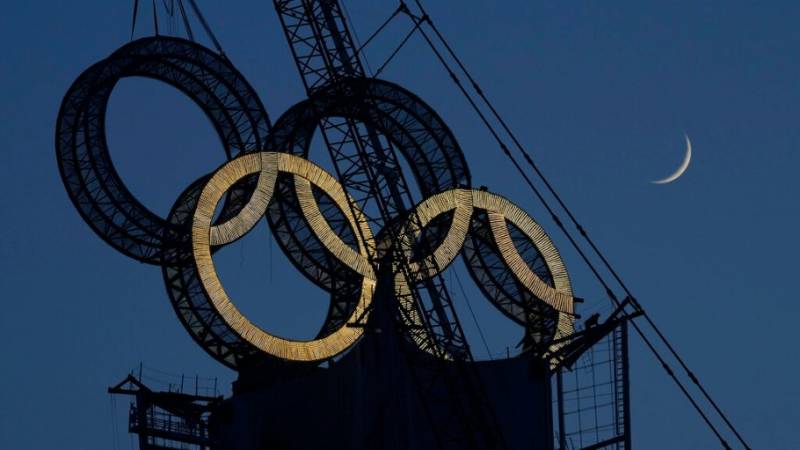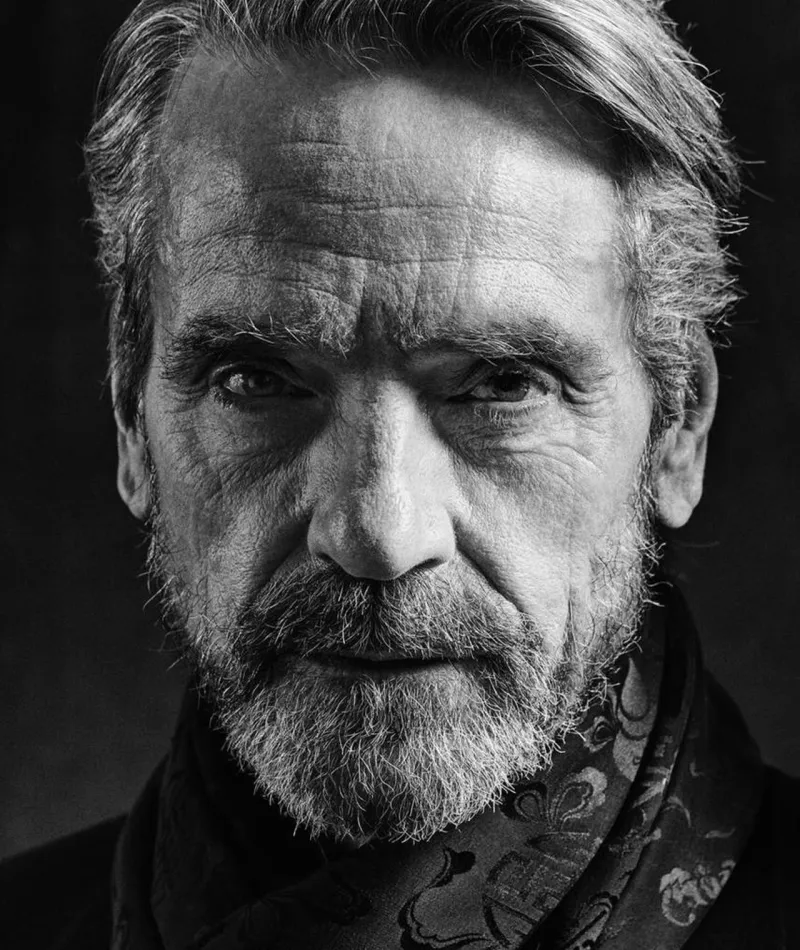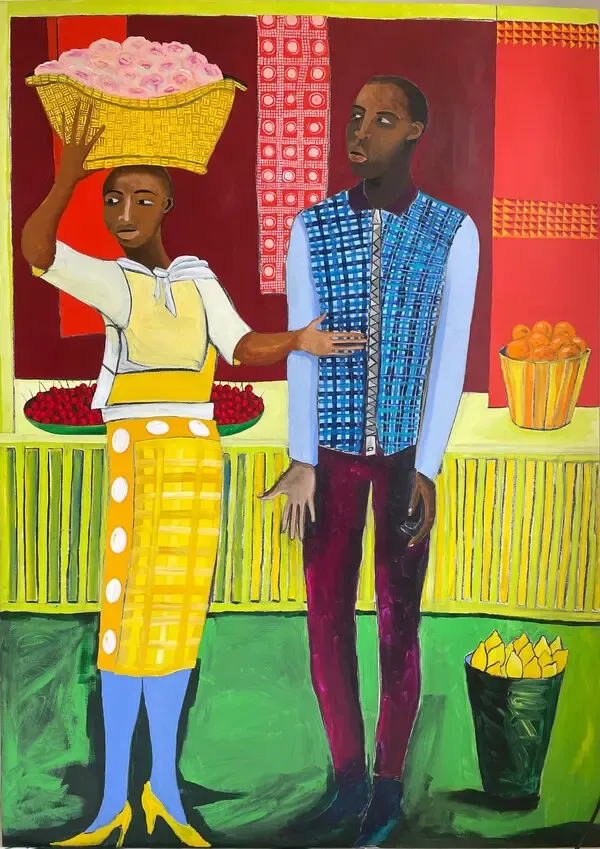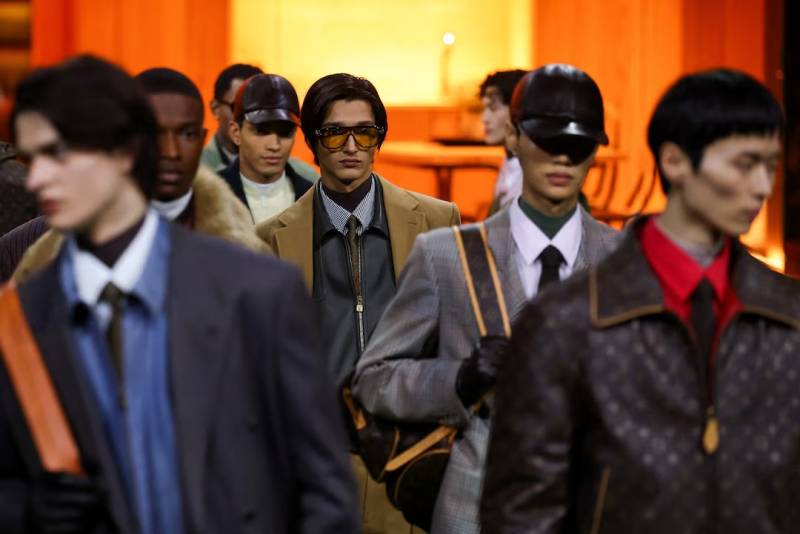The International Olympic Committee has been chastised by an activist alliance for failing to assure that no forced Uyghur labor will be used in the creation of Beijing Winter Olympics products.
The Coalition to End Forced Labor in the Uyghur Region, a coalition of 400 organizations from 40 countries, said they tried for eight months to engage the IOC to obtain due diligence assurances for Olympics-branded products but were turned down.
"The International Olympic Committee has no idea if the thousands of Olympic-branded products sold by its corporate sponsors and other partners are created with Uyghur forced labor," said Scott Nova, executive director of the Worker Rights Consortium, one of the coalition's member organizations. "Worse, Olympic officials appear unconcerned, as indicated by their refusal to do and share substantial due diligence."
On its website, the IOC publishes its supplier code, which outlines the minimum social and environmental obligations for its vendors. Human rights, labor conditions, waste minimization, transportation optimization, and ethics are all included. Anta Sports, for example, the IOC's official sportswear uniform supplier, is one of many apparel firms throughout the world that source cotton from Xinjiang. Following the Better Cotton Initiative uproar in March, a slew of domestic Chinese enterprises went to great lengths to particularly add "Xinjiang cotton" in their product lists and descriptions as a show of nationalistic solidarity.
The Chinese government has always claimed that there are no human rights violations in the region, while the United States and various European lawmakers have indicated that there is evidence of genocide and extensive oppression of the Muslim ethnic minority. The Biden administration signed a bill prohibiting all imports from Xinjiang on Dec. 22.
The United States, the United Kingdom, Canada, and Australia have already announced their diplomatic boycott of the Games, which begin on February 4th. Japan has also indicated that it will not send an official government delegation to the Games, though it has refrained from labeling it a boycott.
The group stated in April that it had "expressly called on the IOC to articulate its human rights due diligence plan" and that "procurement of any goods or commodities meet with the International Labour Organization core labor criteria," which do not include forced labor.
"However, there is no evidence that the IOC has done such due diligence or a human rights impact assessment, whether in relation to Uyghur forced labor or otherwise." "There is also no indication that the IOC has discussed forced labor or other labor or human rights hazards with the Beijing Organizing Committee — effectively the Chinese government," it added.
The IOC and the Beijing Winter Olympics Committee have been contacted for comment by WWD.
.




